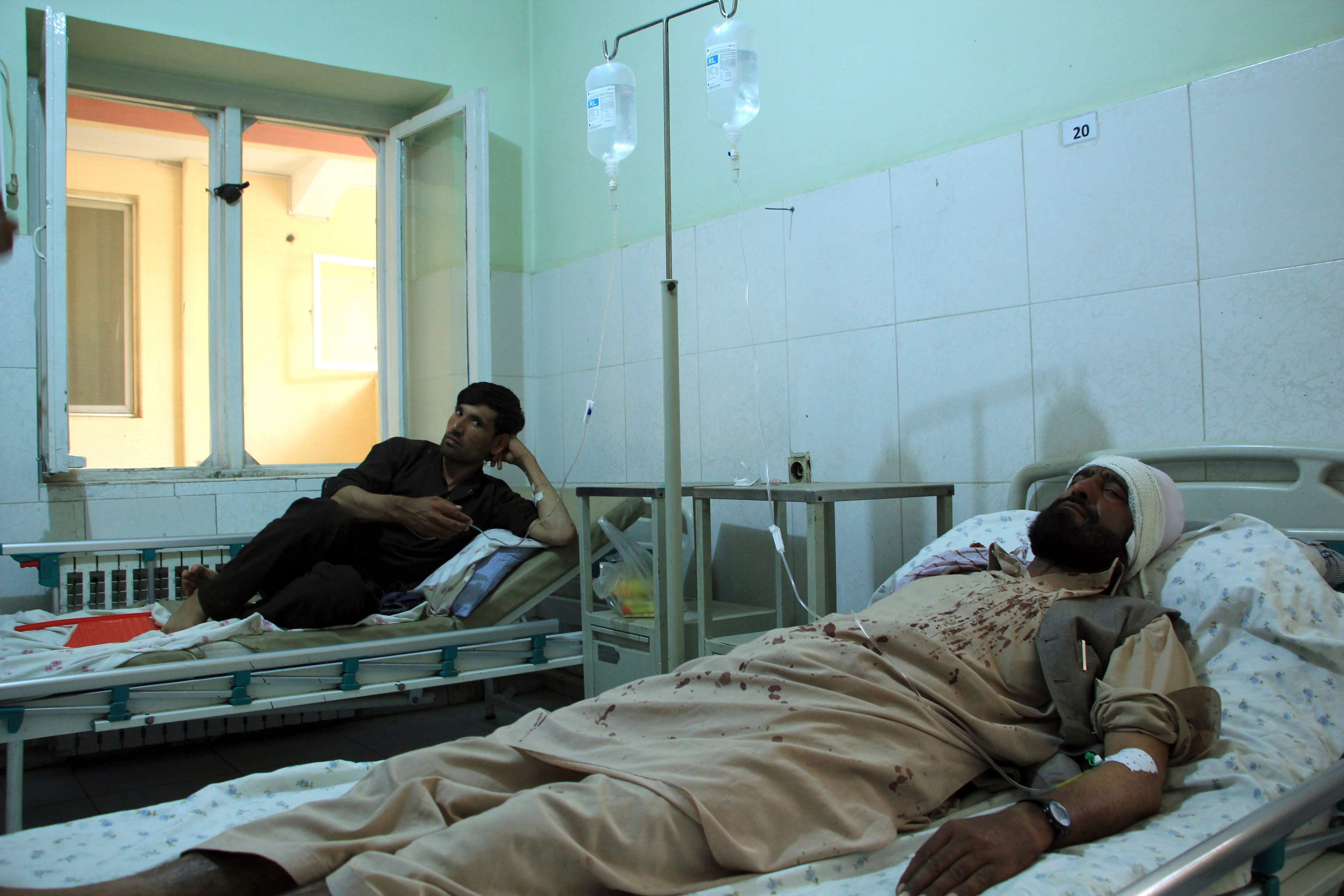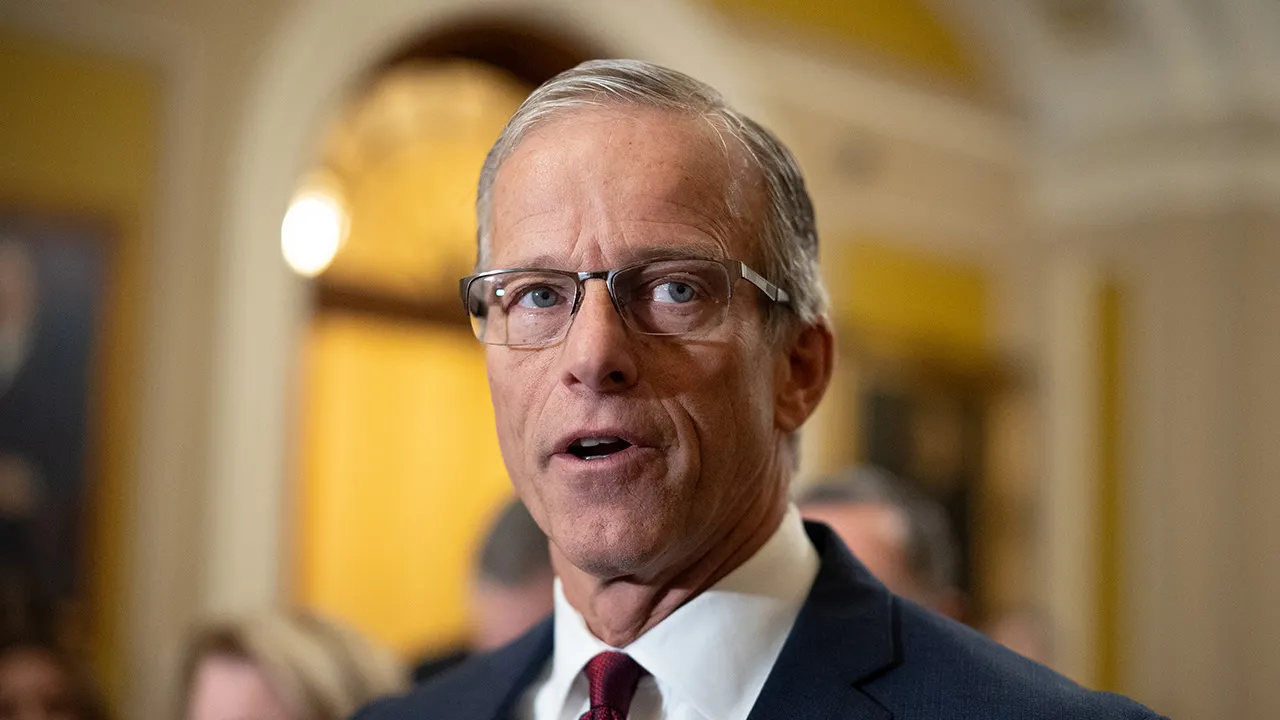Greater Manchester’s mayor Andy Burnham has today called for vaccine supplies to be redirected to his region and other Indian Covid variant hotspots to tackle the spread of the mutant strain.
The former Labour MP, dubbed the ‘King of the North’, is urging ministers to open up jabs to over-18s in badly-hit areas to deal with surging cases.
He argued surging supplies to the region would stop the spread of the Delta variant and offered the best hope of No10 being able to unlock fully on June 21.
But a Government minister today dismissed Mr Burnham’s calls to divert coronavirus vaccine supplies to areas including Greater Manchester and Lancashire. Four million people living in both areas were yesterday slapped with tougher guidance urging them not to leave the area and avoid meeting people indoors.
Communities Secretary Robert Jenrick said No10 was ‘going to stick with the advice’ given to them by top scientific advisers regarding the roll-out.
Currently the inoculation drive is only open to over-25s in England. But some areas have already begun offering jabs to over-18s, including in parts of Manchester.
Mr Burnham’s call would see vaccines purposely diverted to the North West, as well as other badly-hit regions, to speed up the roll-out in those areas.
He said it made more sense to prioritise younger people in June to ‘stop the march of the delta variant’. But he accepted that it would slow down the roll-out in the rest of the country.
Andy Burnham has called for vaccine supplies to be diverted to Indian Covid variant hotspots including Greater Manchester to jab over-18s
Around four million people in the North West of England are now in the area with extra restrictions because of concerns about outbreaks of the Indian variant. Bolton, Burnley, Blackburn and Kirklees were already affected but now all of Lancashire and Greater Manchester have been added
The Army is being sent in to help with surge testing and health chiefs will have the power to enforce mandatory face masks in secondary schools. Pictured: The Royal Horse Artillery help out at a walk-in vaccination bus in Bolton town centre today
The Indian variant is now dominant in more than two thirds of England’s local authorities, and has spread to 85 per cent of the country, according to the latest surveillance data from Britain’s leading centre for tracking the virus the Sanger Institute
Ministers are currently facing calls to delay England’s June 21 ‘Freedom Day’ by up to a month, in order to vaccinate millions more adults.
Experts say delaying the roll-out would give the UK enough time to fully inoculate all over-50s, with around 4.3million still waiting for their second dose.
One dose of the AstraZeneca and Pfizer vaccines are less effective against B.1.617.2, which is now dominant in more than 200 areas of the country.
But two jabs appear to be just as effective at stopping people getting infected and falling seriously ill, Public Health England data shows.
Boris Johnson is expected to confirm by next Monday at the latest whether the June 21 plan will go ahead and he is running the roadmap timetable down to the wire, so far refusing to give any indication of what he will do.
Despite being a thorn in the side of the Government over previous measures imposed on Manchester, Mr Burnham said he supported the Government’s approach to tackling the Indian variant.
The Army will be sent in to help with surge testing and health chiefs will have the power to enforce mandatory face masks in secondary schools.
Residents are also being urged to avoid meeting others inside where possible.
But Mr Burnham said No10 has to go further to provide more vaccines to hotspots in order to prioritise all young people in the areas. Infection rates are currently soaring in younger people.
Asked about whether he wanted over-18s to be prioritised in the roll-out on BBC Radio 4’s Today programme, he said: ‘We absolutely would say surge vaccine supplies into high case areas, so not just Greater Manchester and Lancashire [but] other parts of the country.
‘It makes much more sense to get on with the vaccination programme in June, then doing that later in the year or later because obviously the need is now to stop the spread of the virus.
‘Of course it would slow the vaccination programme in other parts of the country where cases are lower.
‘But my argument would be that that makes sense in those areas as well because we’ve all got an interest in stopping the spread of the Delta variant where it is rising.’
He said Greater Manchester has the staff and volunteers to ‘crack on with the vaccination programme right now’ because of the military support provided by the Government.
Mr Burnham — who insisted the guidance yesterday was ‘not a lockdown’ — added he was hoping the Government would lift all the restrictions on June 21 but it had to be done ‘safely’.
‘It’s a difficult one, I’d acknowledge it’s a difficult one for the Government, I think they’ve got voices coming in from both directions,’ he told LBC.
When pushed for a view on whether it should go ahead, Mr Burnham added: ‘I want to try and stick to the 21st June, I think the country wants that, but it’s got to be done safely.
‘There is something they can do to give more confidence to the 21st, or as close to the 21st as possible, and that is to surge vaccine supplies into areas that have the highest case numbers, because the need now is to stop the march of the delta variant.’
Despite his calls, Mr Jenrick this morning insisted the Government would not bend its approach in working down the age categories nationally.
He told BBC Breakfast: ‘At the moment we are going to stick with the advice we have received from the JCVI, our advisers, which say that it is better to continue to work down the age categories on a national basis, rather than adopt a regional or geographical approach.
All over-50s in England could be fully protected against Covid by July 1 — nearly two weeks after ‘freedom day on June 21 — but it will take until September for all adults to have had two jabs, MailOnline analysis can reveal
‘Their advice has served us well so far as a country, they have got the big calls right since the start of the vaccine rollout.
‘So we are going to continue with that approach but try to do everything we can to make it as easy as possible for people in Greater Manchester to get to the vaccine centres.’
Tougher guidance designed to stop the spread of the Indian variant was already in place in eight councils, including Bolton and Blackburn with Darwen.
But another 20 councils were added to the list yesterday, with 5.7million people — around a tenth of the country — now living under stronger advice.
The specific areas included in the new guidance in Greater Manchester are: Manchester, Salford, Bury, Rochdale, Wigan, Oldham, Stockport, Trafford, Tameside and Bolton.
And in Lancashire they are: Rossendale, Hyndburn, Ribble Valley, Preston, South Ribble, Chorley, Pendle, Fylde, Lancaster, West Lancashire, Wyre, Burnley and Blackburn with Darwen.
Labs will test as many of the positives as possible to identify outbreaks of the Indian variant — although almost all cases are now expected to be caused by it.
More than eight out of 10 cases in most of the affected areas have already been linked to the strain.








